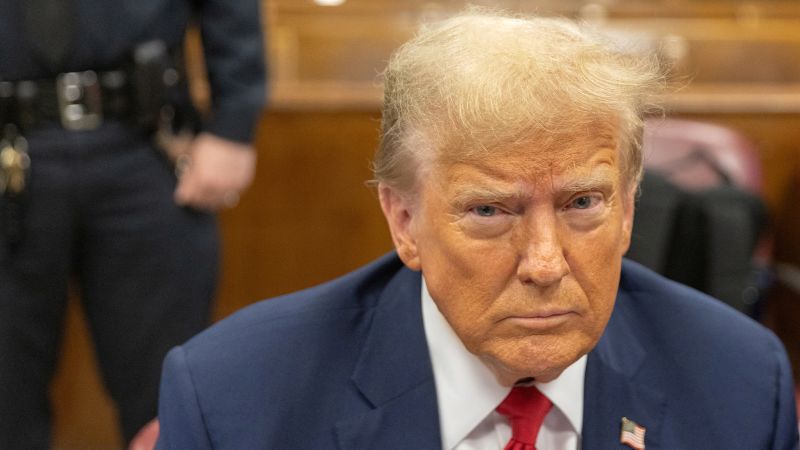The Supreme Court heard arguments regarding former President Donald Trump’s claims of immunity and protections in his federal election subversion case, showing reluctance to give special counsel Jack Smith full authority but also not fully supporting Trump’s claims. The court’s decision could impact Trump’s legal fate and set the rules for future presidents’ criminal exposure. Chief Justice John Roberts criticized the appeals court ruling against Trump, suggesting a need for clarification on the law regarding presidential immunity.
Trump’s attorney acknowledged that some of the alleged conduct supporting the criminal charges against Trump were private, marking a significant step back from Trump’s previous claims of absolute immunity. The distinction between official and private acts was a key point of contention during the arguments, with uncertainty on what actions could be covered by immunity. The concessions made by Trump’s attorney may lead to further delays in the case’s progress, as deciding on what acts are private and public would require additional proceedings.
Several conservative justices, including Justice Barrett, expressed concerns about the scope of Trump’s claims for immunity and the timing of the ruling. There were discussions on the possibility of the case moving to trial quickly by focusing on Trump’s private actions. Trump’s attorney asserted Trump’s right to put forward Republican electors in states he lost, a claim that drew criticism as a corrupt scheme to overturn election results. Federal and state prosecutors have charged Trump and others for their involvement in the fake electors scheme.
The arguments regarding Trump’s immunity claims have concluded, and now the court faces pressure to issue a decision promptly. Trump’s strategy of delay could jeopardize the likelihood of the case going to trial before the November election. While the court has acted swiftly in similar high-profile cases in the past, delays in issuing a decision could benefit Trump. The court has previously denied requests to expedite the case, contributing to the delay in the trial date. Critics have expressed concerns over the slow pace of the court’s decision-making process.
The outcome of the Supreme Court’s decision on Trump’s immunity claims could have significant implications for future presidential criminal exposure. The court’s consideration of the distinction between official and private acts in Trump’s case may set a precedent for how such cases are handled in the future. The discussion during the oral arguments highlighted the complex legal issues at play and the potential impact on the timeline for Trump’s trial. The court’s eventual ruling will be closely watched for its implications on presidential accountability and criminal liability.


